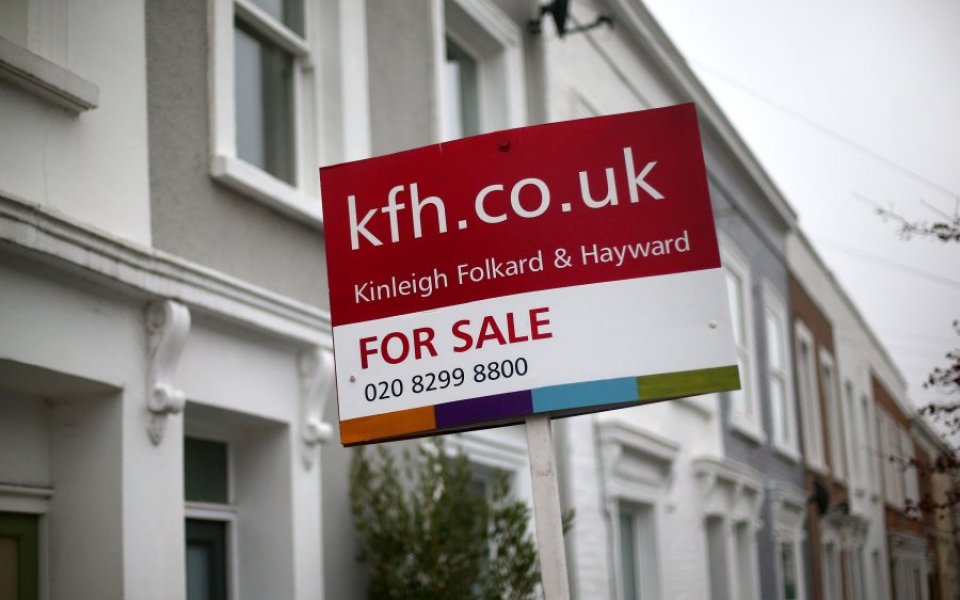UK wealth inequality is widening as climbing house prices due to quantitative easing drive home ownership down – Standard & Poor’s

While quantitative easing (QE) may have helped to stabilise the UK economy, it has also led to a wider gulf between rich and poor, according to Standard & Poor's (S&P) – and it has also pushed home ownership even farther out of reach for younger people.
QE has exacerbated wealth disparity by boosting financial asset and house prices, the ratings agency said, with the result that home ownership is likely to drop over coming decades "perpetuating high income and wealth inequality far into the future".
Research by S&P shows that between 2006 and 2008 (before QE) and 2010-2012 (after QE started), average wealth held directly in stocks increased by 55 per cent for the wealthiest 10 per cent and by 130 per cent for wealthiest one per cent of UK households.
"In addition, the Bank of England's unconventional monetary policy since 2008 likely increased inequality in the UK through its impact on the housing market, given that housing supply is extremely rigid and is persistently outstripped by demand," said S&P's senior economist Boris Glass.
Very low central bank rates translated into low mortgage rates, the ratings agency said, making borrowing less costly and supporting credit availability which kept the slump in house prices short and underpinned the house price recovery.
"Low interest rates and QE helped lessen the negative impact of the crisis on aggregate housing wealth, the most widely held form of assets, especially in middle- and low-income groups," said Jean-Michel Six, S&P's chief economist for EMEA.
"But in conjunction with the tight housing market, it is now also one of the drivers behind the widening wealth and income gap between younger and older generations and between those on the housing ladder and those not on it."
Six added that younger low- and middle-income households (would-be first-time buyers) are the ones affected most.
"As buying a home becomes ever more expensive, they are increasingly forced to rent, spending a large share of their income on accommodation and unable to save to buy a home or otherwise accumulate wealth," he said.
"It also contributes to an even higher income inequality when accounting for housing costs. In fact, while income inequality fell slightly immediately after the crisis and has remained broadly stable since then, inequality when accounting for housing costs is on the rise again."